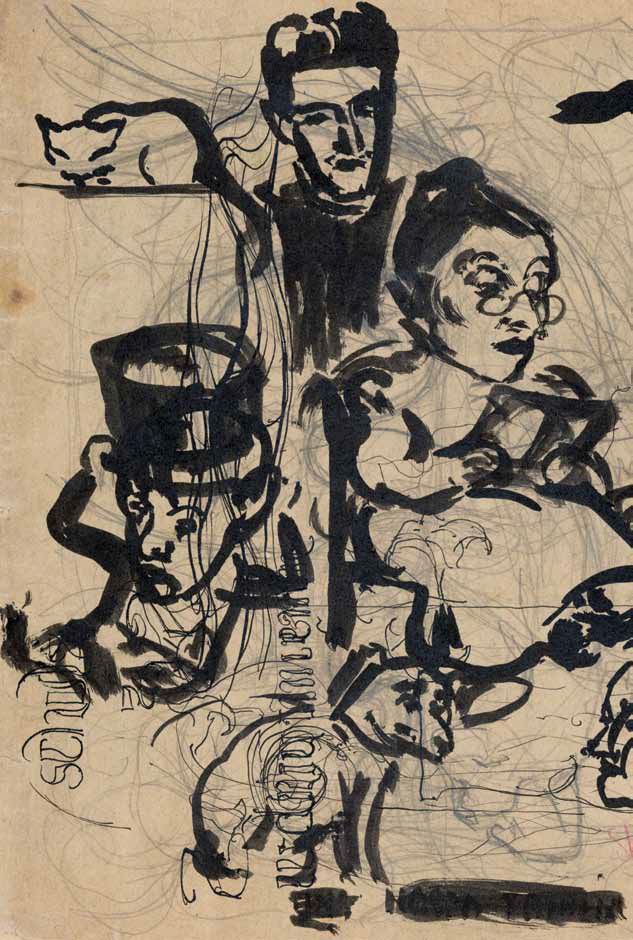Bruno Schulz jako krytyk – figury wyobraźni
Abstrakt
Bruno Schulz used in his critical essays metaphors and imagery which created a uniquely organized world. Its elements and their arrangement, just as those of his stories, always have some value and exist in time, which means that they have an inner dynamic and contribute to a mythic history. Therefore Schulz’s critical idiom should be studied in terms of its mythological overtones. Schulz transfers his private experience first on other writers and then on the “historical reality.” Still, the center of his repertoire of critical metaphors is occupied by the metaphors borrowed from biology. Whatever belongs to biology has a positive value and spiritual or aesthetic values must be ultimately tested by the body and through the flesh. Biological metaphors stress the work’s and author’s connection to real life as well as the temporality of the world and existence approached either as the private experience of life and death or as the history of society.
If we approach metaphors as elements that constitute a “world” in its own right, it will turn out that the “world” of Schulz’s stories is very different from that of his criticism. While the former is a reconstructed “dwelling place” of the author, which means that its most important component is organized space, the latter foregrounds time as the basic axis of metaphorical events. The works of other writers discussed in critical essays provide opportunities to consider the riddle of individual life in the idiom of biology and in the language of the ancient myths of humanity – they create ties between human beings and events, i.e. history. In this realm everything is dynamic; a process that unfolds in time and the public sphere. What makes the stories different derives from their personal atmosphere – building a shelter and getting lost are both intimate activities. On the contrary, literary criticism assumes testing individuals amidst other people, which requires fitting them into different models of human destiny and validating truths shown in various works of history, including the existential problems they present. For Schulz, literature of value was a system of reflections and incarnations, a space where the authorial “I” keeps searching for various forms of embodiment and contacts the mythological foundations of culture. There are no clear-cut boundaries which separate the fictional reality or protagonists from the authors of books and their private worlds. Those worlds correspond to the heritage of myth and literature, as well to biology and eroticism. In his critical essays, Schulz keeps moving between realities, looking for the values of literature in bonds and connections.

 Uniwersyteckie Czasopisma Naukowe
Uniwersyteckie Czasopisma Naukowe





